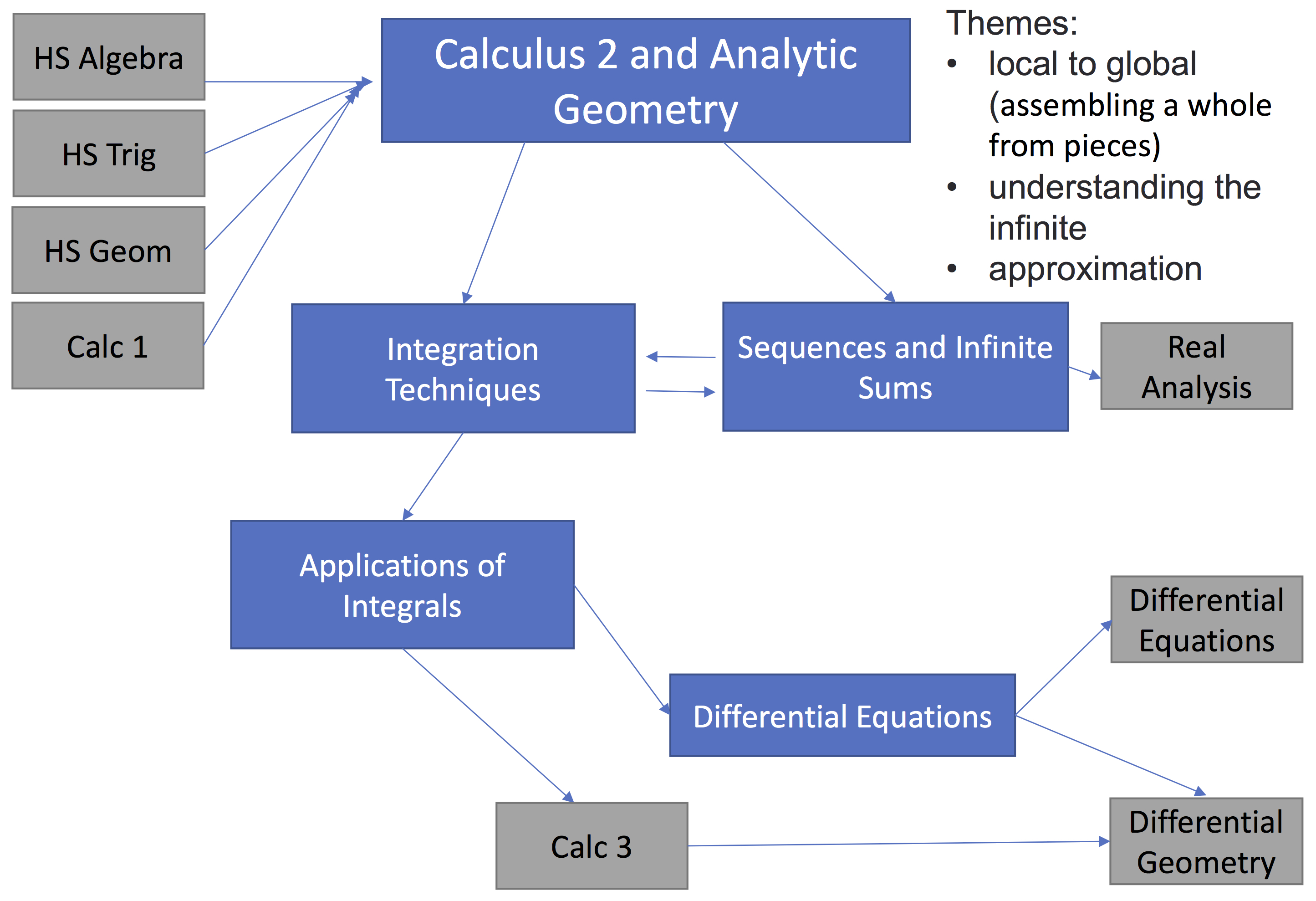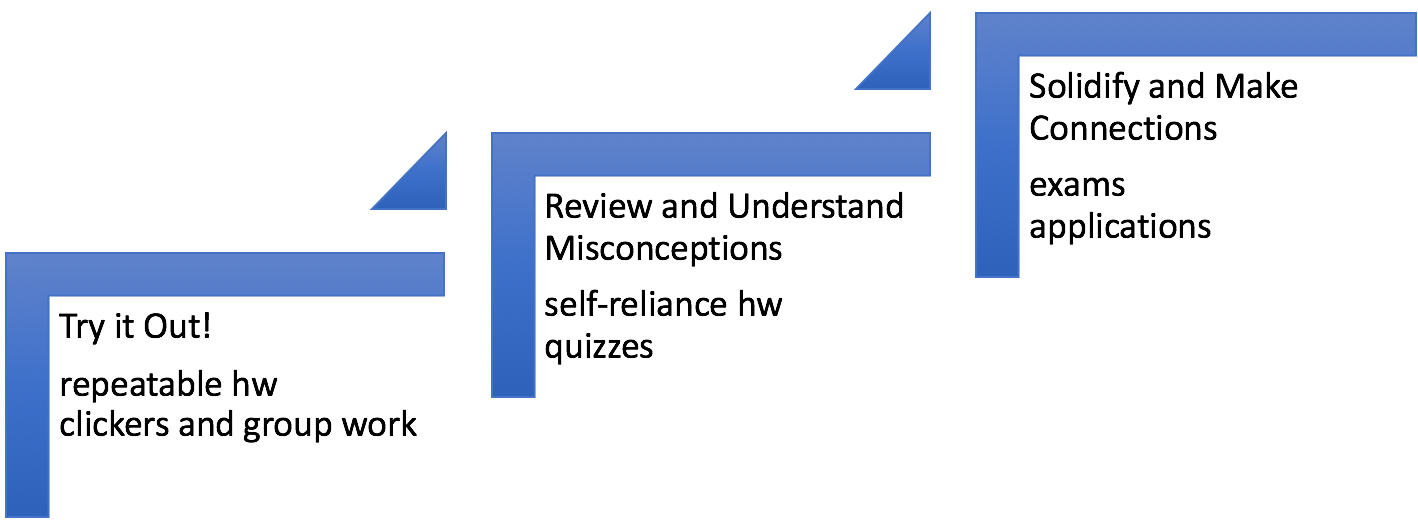


I encourage you to talk to me often in class, office hours, and on the ASULearn forums. Asking questions, and explaining things to others, in or out of class, is one of the best ways to improve your understanding of the material. This course is to be an environment in which everyone feels comfortable asking questions, making mistakes, offering good guesses and ideas, and is respectful to one another. I also want you to be informed about your choices regarding what you tell me about certain types of sensitive information. In situations where students disclose experiencing an act of interpersonal violence to their instructor, faculty are required to report what students tell us to the campus Title IX Coordinator, who then reaches out to the student by email offering support services. I care about you and want you to get the resources you need. I’m happy to talk with you if you decide you want that, but please be aware that if instead you’d like to explore options with someone who can keep your information totally confidential, I highly recommend the Counseling Center at 828-262-3180. They offer walk-in hours as well as after-hours coverage: http://counseling.appstate.edu. Appalachian Cares is a place to find updates about matters of student health and safety. It also functions as the most up-to-date clearinghouse of information, resources and support available. http://appcares.appstate.edu/
You should explore each problem and write out your thinking in a way that can be shared with others. Focus on your own ideas. Turn in projects or prepare to present problems even if it they are not complete, even if only to say, "I do not understand such and such" or "I am stuck here." Be as specific as possible. Conjecture. When writing up work, be sure to give acknowledgment where it is due. Submitting someone else's work as your own (PLAGIARISM) is a serious violation of the University's Academic Integrity Code, which defines:
Use of interactive technology is allowed only when it is related to our class. Otherwise put cell phones away or place them face down and set them to vibrate. Photos or video or audio recordings may not be taken in class without prior permission. Food and beverages are allowed as long as they aren't distracting, but e-cigs, chewing tobacco/spit cups and other products are not allowed.
The purpose of homework is to learn and practice computational strategies, concepts, and develop critical thinking and problem-solving skills. In this course, you will be challenged with problems that you have never seen before. I do not expect you to be able to solve all the issues immediately. Instead, I want to see what you can do on your own. Out in the real world, this is important, since no matter what job you have, you will be expected to seek out information and answers to new topics you have not seen before. This may feel uncomfortable and frustrating. I understand this and want to help you through the process. It helps to remember that there are no mathematical dead-ends! Each time we get stuck, it teaches us something about the problem we are working on, and leads us to a deeper understanding of the mathematics. In the real world though, you are not expected to face your work alone. You will be allowed to talk to other people and you may even be expected to work with other people. In this class, you are also not expected to face your work alone. I am always happy to help you and will try to give you hints and direction to help you understand the material. At times though, to encourage the exploration process, I may direct you to rethink a problem and to come back to discuss it with me again afterwards. This occurs when I believe that the struggle to understand is imperative for your deep understanding of the material.
The Learning Assistance Program provides five core services. Two services, University Tutorial Services and Academic Strategy Instruction, are offered to all undergraduate students, and three services, ACCESS, Student Support Services, and Academic Services for Student Athletes, serve specific groups of students identified as needing comprehensive support. In Fall 2016, the ASU-R program joined the Learning Assistance Program. http://lap.appstate.edu.
I am married to the bassist Joel Landsberg. We both happen to be on IMDb: Joel and me. My Erdos Bacon number is 6-7 or infinity, depending on what/how you count. In my spare time I like to travel, hike and conduct genealogy research (I also enjoy popular culture, as you can probably tell from some of my scholarly interests). In addition to my own personal genealogy, I like to give back to the broader community. In this context, I am affiliated with ASU's center for Judaic, Holocaust and Peace Studies. I am the project coordinator for sites like the Bialobrzegi ShtetLink and the Book of Remembrance of the Community of Bialobrzeg. These projects strive to research and preserve information about communities that were destroyed in World War II. My great-grandparents lived there (it was the Russian empire back then!) in the late 1800s. Some of what I really like about mathematics is also what I enjoy about genealogy - the sense of exploration, discovery and aha moments that come with lots of patience and effort.